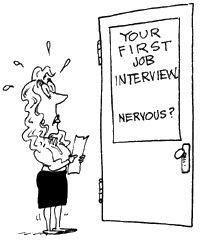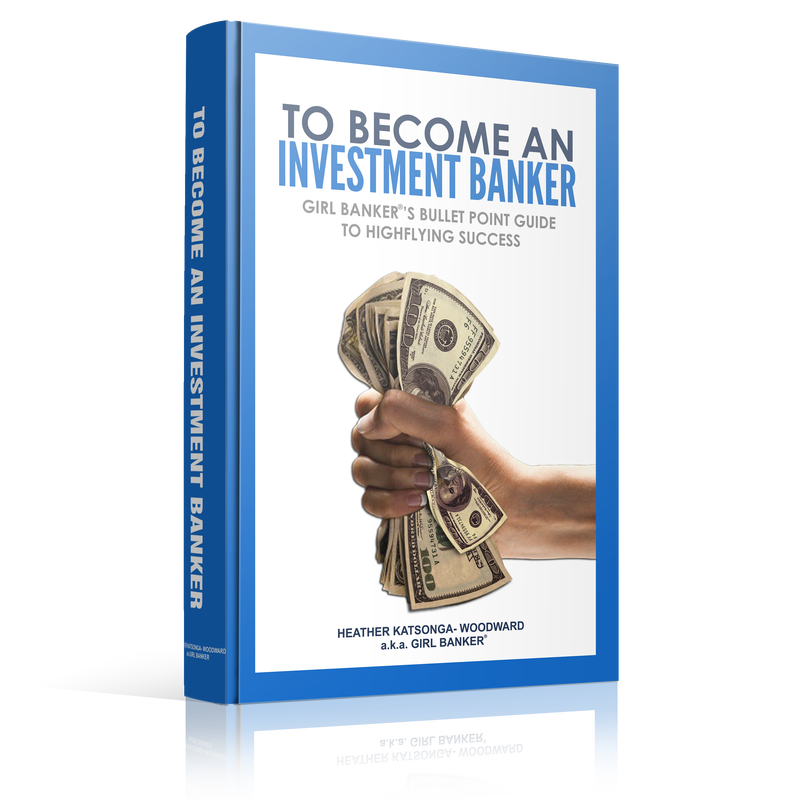 by Girl Banker Listen to the iTunes podcast instead. Your résumé/CV should summarise your educational background, previous work experience and any relevant positions of responsibility and achievements that qualify you for the job. Both the content and the format matter. A well formatted résumé/CV will show that you are organised and pay attention to detail. A shoddily presented one will do exactly the opposite. You won’t get the job. The vast majority of investment bank applications are made through the bank’s standardized online form. Despite this, you should keep an updated PDF version of your résumé/CV so that you’re ready to send it to prospective employers when requested.  When might you need to send your résumé/CV out? 1. Let’s say you go to a networking event, you impress a recruiter and they ask for it, you don’t want to waste time updating an old one. If it’s ready, you’ll be able to respond much more promptly. If you have a few copies on you, give them one and ask for an email address to which you can send the soft copy. 2. If you cold call any investment bankers, asking to follow up with a résumé/CV is a great way to keep the conversation going. You want to be able to send it as soon as you get off the phone. If you managed to generate any interest, that interest will be at its peak immediately after the call. Therefore, if you send your résumé/CV promptly, it’s more likely it will be 'actioned'.  What should you include to make those investment bankers call you up? Educational Background – Grades and Marks If you’re just coming out of university, this section has a lot of weight. The weight attached to your education falls with every year of work experience. The top achievers frequently include marks achieved on various papers. Not including your marks doesn’t mean you haven’t got great marks, it could just mean you don’t know what they are. For instance, when I got my GCSE and A level results, I was given my grades but not the underlying marks or position – I never thought to ask. Importantly, a person that gets 70% at a top university may in reality rank better than or equal to someone that gets 80% at a mid to low tier institution. At Cambridge, I was told that they try to maintain the same standards as they did in the days of John Maynard Keynes. So when they are marking papers they’re marked based on the very best scholars that have ever passed through the university not just that years intake. Some universities aren’t so stringent. Work experience Any experience in the investment banking sector should be ranked first. Generally, experts advise putting the most recent work experience first but this is not always the best advice. At times, it’s better to put the most relevant work experience first whether or not it’s the most recent. Positions of Responsibility If you've been Captain of a sporting team, drama or some other extracurricular activity you would normally put it under a separate section. Positions of responsibility show you have leadership skills. Other Skills and Interests If you put anything strange down, you will be judged. In this section, include and IT skills, language skills and anything else that might be relevant. Ideally, this should all fit one page; two pages is max. Good luck! GB
0 Comments
Leave a Reply. |
Girl Banker®I created my investment banking blog in 2012 as soon as I resigned from i-banking & published my book, To Become An Investment Banker.
Initially published at girlbanker.com, all posts were later subsumed into my personal website under katsonga.com/GirlBanker. With 7 years of front office i-banking experience from Goldman Sachs and HSBC, in both classic IBD (corporate finance) and Derivatives (DCM / FICC), the aim of GirlBanker.com was to make it as straight-forward as possible to get into a top tier investment bank. I'm also a CFA survivor having passed all three levels on the first attempt within 18 months - the shortest time possible. Categories
All
Archives
August 2017
|
Heather Katsonga-Woodward, a massive personal finance fanatic.
** All views expressed are my own and not those of any employer, past or present. ** Please get professional advice before re-arranging your personal finances.

 RSS Feed
RSS Feed





